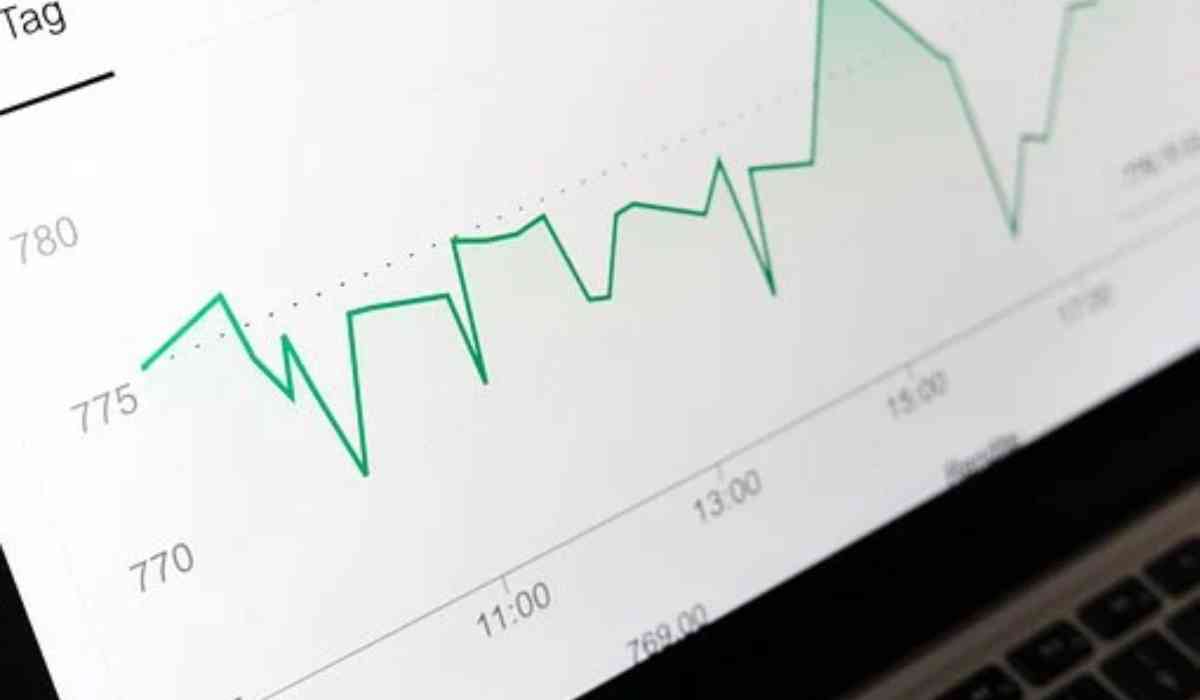Wholesale Price Inflation (WPI) is a measure of inflation that tracks the changes in the prices of goods sold in wholesale markets. It is calculated by taking a weighted average of the prices of a basket of goods that are frequently traded in the wholesale market, such as food, fuel, and raw materials.
WPI is an important economic indicator because it provides insights into the overall price trends in the economy and can help policymakers make informed decisions about monetary policy. If WPI is high, it suggests that prices are rising for producers and that they may pass these increases on to consumers. This can lead to an increase in the cost of living and can have implications for the overall health of the economy.
Inflation, in general, is a concern because it reduces the purchasing power of consumers and can erode the value of savings and investments over time. It can also lead to higher interest rates and borrowing costs, which can slow down economic growth.
Therefore, tracking wholesale price inflation is important because it can help policymakers to take steps to manage inflation, such as adjusting interest rates, managing the money supply, and implementing other measures to control the cost of living. It is also important for businesses and investors to monitor WPI as it can impact their costs and profitability.
© Vygr Media Private Limited 2022. All Rights Reserved.

























